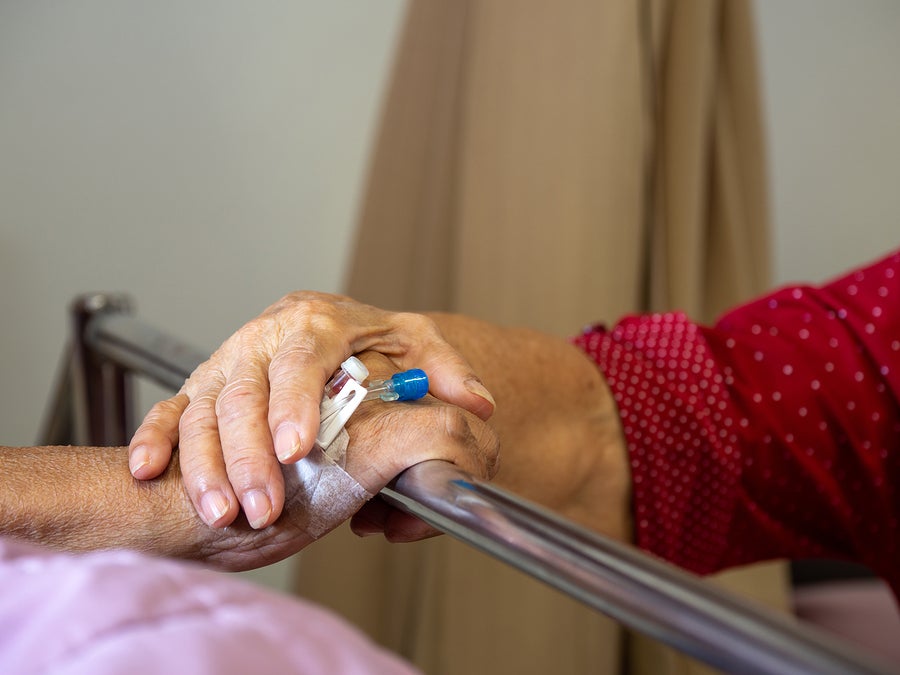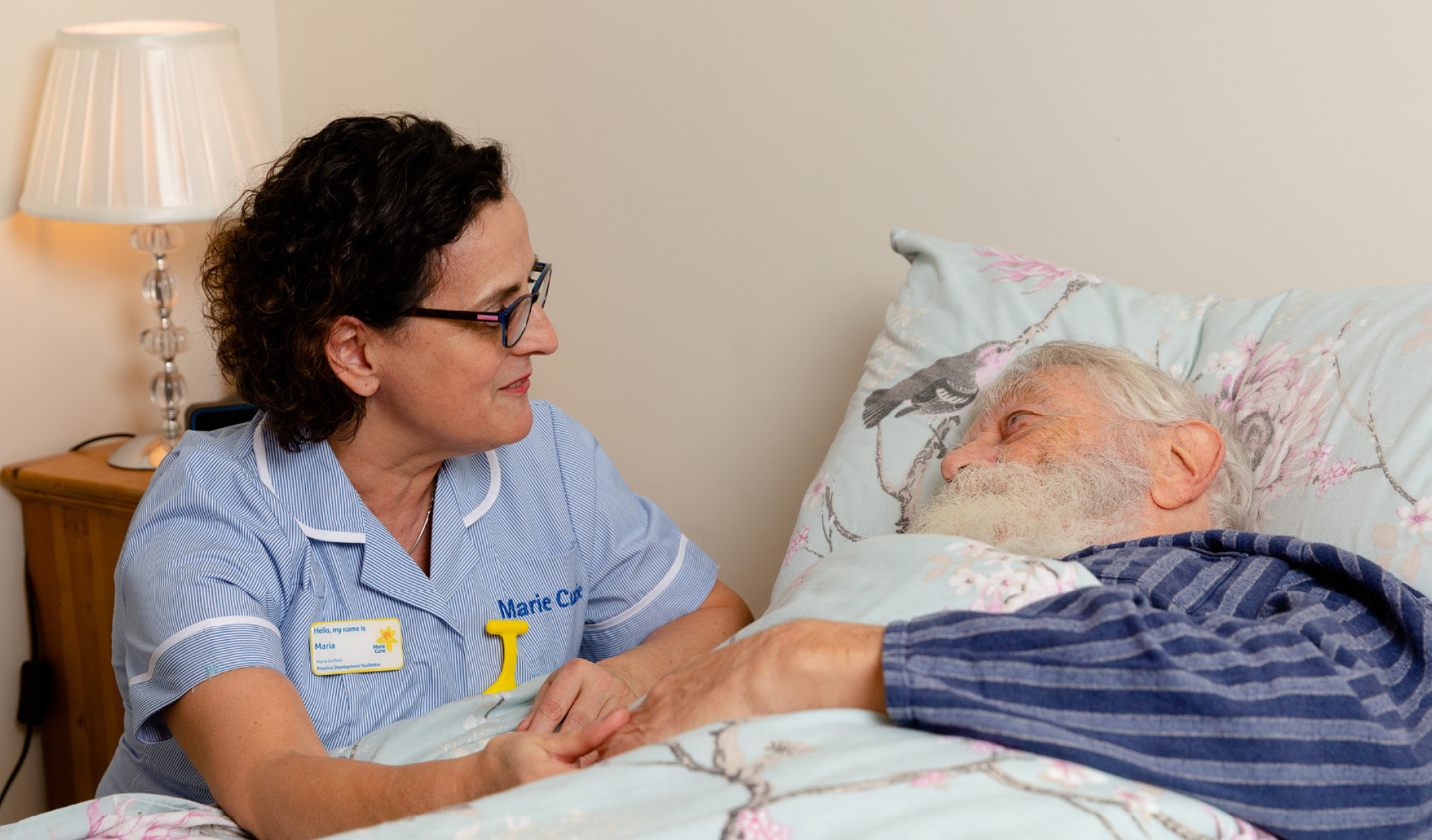Fantastic Info About How To Deal With Terminally Ill Patients

Spending time together and showing your loved one you care through acts of service can sometimes be more.
How to deal with terminally ill patients. Denial is a common coping mechanism for those facing a terminal illness—most people use denial to one degree or another, denying some aspects of their illness at least some of the time. Patients and families need ongoing assistance: It is important to remember that the most important aspect of care for the dying is to maintain.
Instead, you can attempt to get them. Therefore due to this reason, it is advisable for one to spend time with the patient. Most patients considered deniers were seen using.
Psychotherapy with dying patients can help reduce their psychological pain, relieving psychosocial distress and providing opportunities for personal growth in the last stage of life. The services are provided by a team of health care professionals who maximize comfort for a person who is terminally ill by reducing pain and addressing physical,. This article aims to offer an insight in the way terminally ill patients talk about death and dying and how they refer to current western normative expectations about a 'good' death.
13 tips for coping with terminal illness 1. Telling a patient something once is not teaching, and hearing the patient’s words is not the same as active listening. Adding certain habits to the lifestyle of a person with a terminal illness can be beneficial.
Tell people about your diagnosis who you can talk candidly with about your. They should not let this disease take over their life. Without being too pushy and confrontational, calmly talk to the person in denial and help them understand their situation.
Part of your role of supporting family caregivers will be to help educate them and provide insight on their new role in helping care for their terminally ill loved one. Another way is to give them a back rub. There are many ways to provide physical comfort to terminally ill cancer patients.
Listening to the patient or their families will, in large part, indicate when they need plans for negotiation of difficult times. How can i help my loved one cope with a terminal illness? The physician encounters many issues and problems when working with the terminally ill.
Talk to them about their symptoms and treatment. Throughout the course of a. Remember, ethnicity and culture may make a difference, 4 so ask.
Let the person know that you're willing to listen — and never underestimate the value of your presence. Practices such as meditation, yoga, and massage may reduce a person’s depressive.











/cdn.vox-cdn.com/uploads/chorus_asset/file/9282805/assisted_death.jpg)


/terminal-restlessness-1132271_V1-49d6b9611c764621a6cd427e33834092.jpg)



